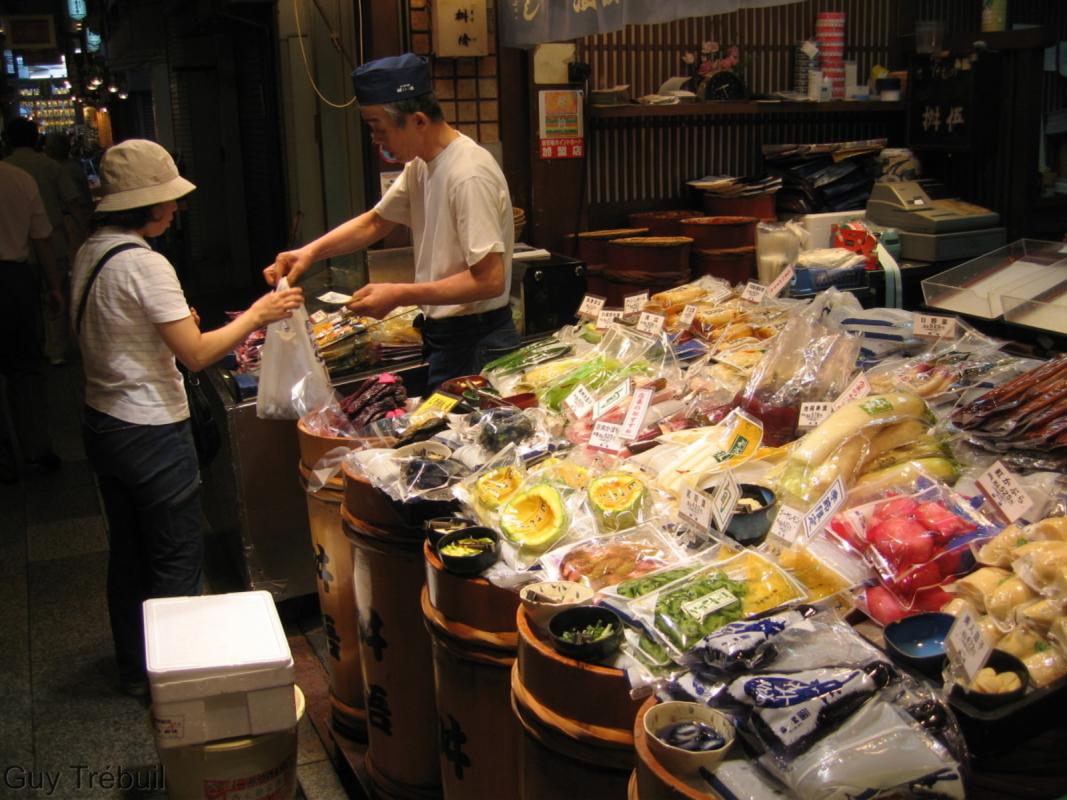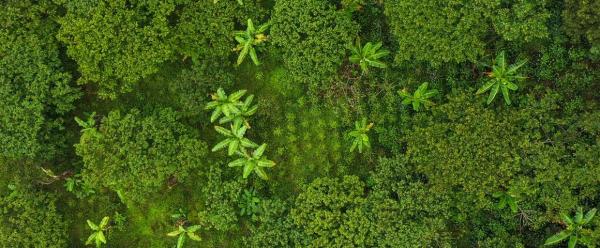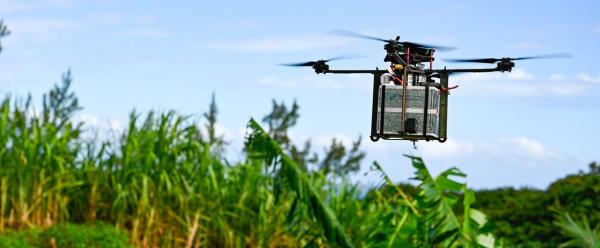Results & impact 10 October 2025
- Home
- Press area
- Press releases
- monitor animal health google news
PADI-web: online animal disease surveillance

PADI-web, which stands for Platform for Automated extraction of animal Disease Information from the web, can be accessed online. By processing hundreds of Google News articles per day, PADI-web monitors all diseases related to animal health from African swine fever to avian influenza and Schmallenberg virus as well as new diseases. The aim is to use this unofficial information as a complementary addition to official health monitoring sources.
Supplementing official sources
"The online articles that PADI-web processes are taken from Google News. The tool translates all languages into English, so these articles come from all over the world ," explains Mathieu Roche, a CIRAD researcher specialising in data mining. "Not all of this information comes from official data and, sometimes, articles don’t mention a specific disease, but symptoms. With PADI-web, our aim is to consider all of this unofficial information, which could overwise be overlooked, and to organise it. "
PADI-web searches within the articles for disease names, animal hosts, symptoms, dates and places as well as a list of keywords such as ‘epidemic,’ ‘virus’ and ‘alert’. Sarah Valentin, a doctoral student at CIRAD, explains: "Through these searches, we are sometimes able to detect disease outbreaks before they are officially declared or detect the onset of a disease even before it is named simply from descriptions of its symptoms. "
PADI-web is currently used by the International Health Monitoring Unit (VSI) of the French Animal Health Epidemiological Surveillance Platform (ESA). Alizé Mercier, co-coordinator of this unit and a researcher at CIRAD, explains: "VSI’s job is to detect and monitor all potential health risks for the French territory. For this, it uses official sources such as the European Commission, FAO and OIE and unofficial sources such as the media. PADI-web is therefore used to automatically detect health issues mentioned in news articles on the internet. It’s a very useful tool that saves a lot of time. ”
The researchers are not seeking to replace official data, indeed they point out that PADI-web is not foolproof. “The tool cannot know if it is dealing with fake news, for example ," says Sarah Valentin. “That's why the work of experts to verify this information is essential. It’s about adding to official data, not replacing it. ”
Combining multiple monitoring tools
Other very effective online media monitoring tools do exist, such as HealthMap and ProMED. However, PADI-web differs from these existing tools because of its narrower focus on animal health specifically, i.e. diseases transmitted between animals or between humans and animals. "This allows us to be more precise, and to go into the details of the articles ," says Sarah Valentin. "We would like to bring together all these tools, both general and specific, in order to have a highly efficient health monitoring system. This is the aim of the European project MOOD. "
Pushing PADI-web forward
For the moment, PADI-web only processes articles from Google. The researchers would like to expand this to include other search engines such as China’s Baidu. "But this is a real technological challenge ," the doctoral student warns.
According to Mathieu Roche, PADI-web could also be further developed in terms of the topics it covers. "In the long term, the objective is to generalise our approach as much as possible so that it can also be used to monitor other areas such as plant health. But this will take time and will require further consolidation of our collaborations with INRAE and ANSES, organisations that are already involved in the work on PADI-web ,” he says.
MOOD: an H2020 project to strengthen health monitoring in Europe As part of the European H2020 programme, the MOOD project coordinated by CIRAD is worth 14 million euros and brings together 25 partners from 12 countries. This four-year project aims to improve European health monitoring, with a focus on exotic or emerging diseases that threaten the continent. The aim is to develop new, innovative tools that are complementary to those already in place. Work will be carried out in France, Serbia, Finland, Italy and Spain and the results will be shared across all EU countries. Through its expertise in tropical diseases as well as its online monitoring of animal diseases with PADI-web, CIRAD is already off the starting blocks for the launch meeting in Stockholm in March. |
Reference
Valentin Sarah, Arsevska Elena, Falala Sylvain, De Goër Jocelyn, Lancelot Renaud, Mercier Alizé, Rabatel Julien, Roche Mathieu. 2020. PADI-web: A multilingual event-based surveillance system for monitoring animal infectious diseases . Computers and Electronics in Agriculture , 169, 105163, 5 p.



























